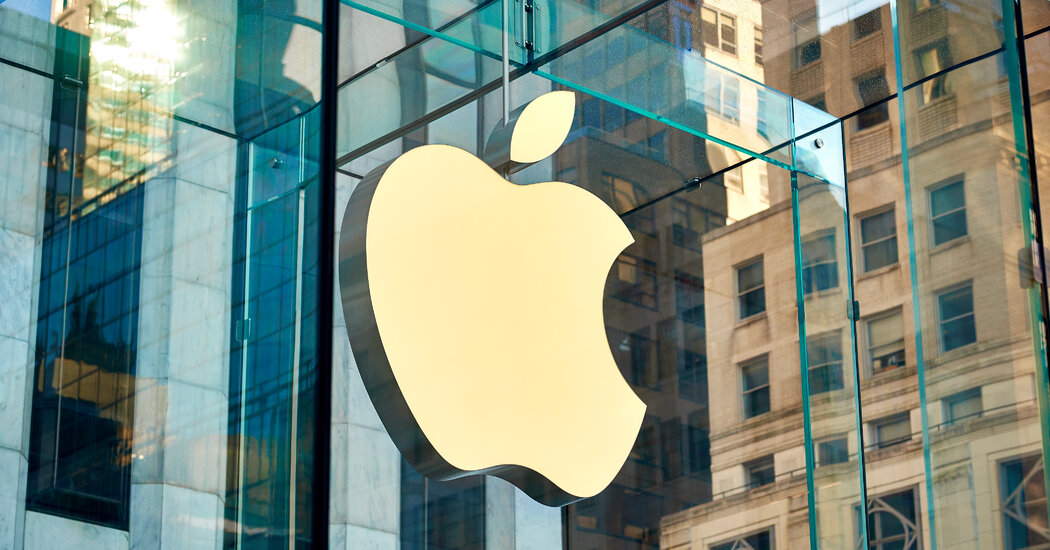Advertisers have grown increasingly wary of Twitter since Elon Musk’s acquisition last fall, primarily due to his advocacy for more liberal free speech policies and relaxed content moderation. This shift has raised concerns about potentially placing ads adjacent to offensive or hateful content.
Prominent companies, including General Motors and Volkswagen, have expressed reservations throughout the past year. Their concerns stem from a notable increase in hate speech, misinformation, and foreign propaganda on the platform. Despite Musk’s claim in April that most advertisers had returned, he acknowledged a significant 50% drop in ad revenue.
Musk’s approach to handling advertiser relationships has been erratic. He has oscillated between threatening companies that paused their ad spending with public shaming and attempting to attract them by appointing experienced executives like Ms. Yaccarino, formerly of NBC Universal. His public disputes with Apple and the high turnover of sales executives have further complicated these relationships. Leading advertising firms such as IPG have advised their clients to reconsider their involvement with Twitter.
Before Musk’s takeover, advertising constituted about 90% of Twitter’s revenue. However, the company’s valuation has seen a steep decline, dropping from the $44 billion Musk paid to a current estimate of $19 billion.
The recent surge in antisemitism and Musk’s penchant for public disputes have left many in the advertising industry wary and reluctant to comment. Renee Miller, founder of the Miller Group advertising agency, noted the delicate balance companies must maintain in associating with certain content, often advising against taking public political stances.
IBM’s recent decision to withdraw approximately $1 million in advertising commitments for the year highlights the growing concern. This move followed a report by Media Matters for America, which highlighted the presence of ads from companies like Apple and IBM alongside content supporting white nationalism and Nazism on Twitter. Musk’s response to the report was to label Media Matters as “evil,” a sentiment echoed by Angelo Carusone, the organization’s president, who noted the similarity of Musk’s reaction to those of right-wing accounts highlighted by the group.
This situation underscores the challenges Twitter faces in retaining and attracting advertisers, a crucial component of its revenue stream, under Musk’s unpredictable leadership.


